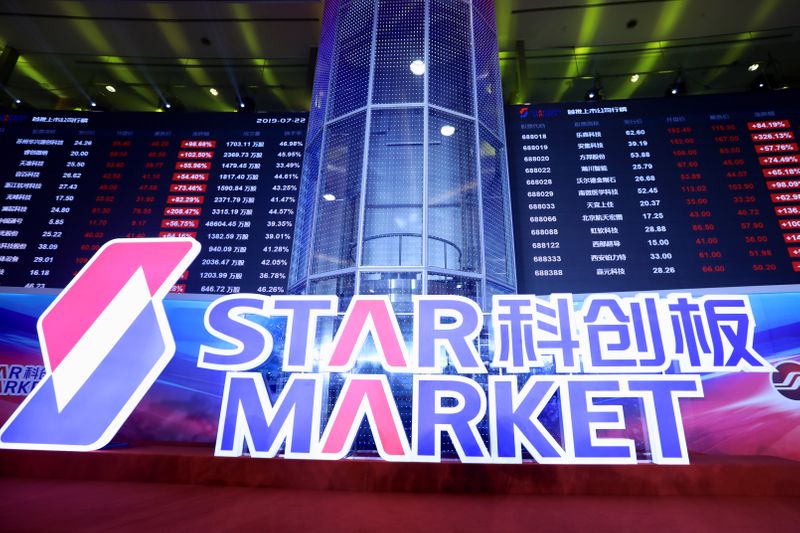By Samuel Shen and Andrew Galbraith
SHANGHAI (Reuters) - Chinese e-scooter maker Ninebot Ltd will launch a domestic initial public offering soon with a listing structure that shows how eager Beijing is for Chinese tech companies to list at home amid rising tensions with Washington.
China's securities regulator gave Ninebot the go-ahead late on Tuesday to float on Shanghai's Nasdaq-style STAR Market, making it the first company with a VIE structure to sell Chinese Depository Receipts (CDRs).
The variable interest entities (VIE) structure was created two decades ago to circumvent Chinese rules restricting foreign investment in sensitive industries such as media and telecommunications, enabling Chinese companies such as Sina (NASDAQ:SINA) Corp, Netease and Sohu (NASDAQ:SOHU).com to raise overseas money via offshore listings.
Ninebot, which counts Xiaomi (OTC:XIACF) Corp (HK:1810) as a key customer, plans to raise 2 billion yuan ($294.71 million) in the Shanghai IPO.
Further underlining regulators' tolerance, Ninebot hasn't yet made a profit, and grants shareholders weighted voting rights.
PwC global TMT industry leader Wilson Chow said that China's more inclusive IPO rules show it is "encouraging those foreign-listed, China-based TMT companies to move back to the domestic market."
The VIE structure has been adopted by many Chinese tech firms listed overseas or seeking an offshore listing. In the past, Chinese tech firms seeking to return home needed to go through a lot of hurdles to wind down the structure, Chow said.
Beijing is encouraging domestic listings at a time when U.S. President Donald Trump's administration is threatening to delist U.S.-listed Chinese companies that fail to meet U.S. accounting standards.
"To allow VIE-structured companies to come back is definitely a major policy breakthrough," said Craig Zeng, CFO of Nasdaq-listed Chinese firm LexinFintech Holdings Ltd (O:LX).
"This will significantly help to bring back China's tech companies, and enhance vibrancy and competitiveness of the Chinese capital market in the long run."
Zheng said LexinFintech will consider a home listing.
VIE
CDRs are the equivalent of U.S-listed American Depository Receipts (ADRs).
"China has the infrastructure ready for ADRs to come back home and get listed," said Jie Lu, Robeco's head of China research.
Ninebot's China listing will also cement the status of VIE in China, where authorities had not officially endorsed the structure.
"There's every indication that the Chinese regulators are fully embracing the VIE structure," said Marcia Ellis, Hong Kong-based Partner at Morrison & Foerster.
Ellis, who helped design VIE nearly 20 years ago for Chinese firms, thought at the time the makeshift structure would be phased out in five years, but now expects it to remain a viable option for the foreseeable future.
"There are huge national champions who utilize this structure," she said.
In addition, "a bunch of companies planning to list on the STAR board will use the VIE structure," she added.
Brian Bandsma, portfolio manager at Vontobel Asset Management, said with China's IPO market getting more attractive, "the U.S. markets will no longer be the default venue for Chinese (tech) companies to raise capital."
But he also cautioned that unless VIE is codified into Chinese law, there's a risk Beijing could change its mind.
"The concern is that if the VIE structures are no longer seen as beneficial to the Chinese government, they could take some action which would cause the structure to become invalid," Bandsma said.
"To some extent, it's at the whim of the government."
($1 = 6.7864 Chinese yuan renminbi)
